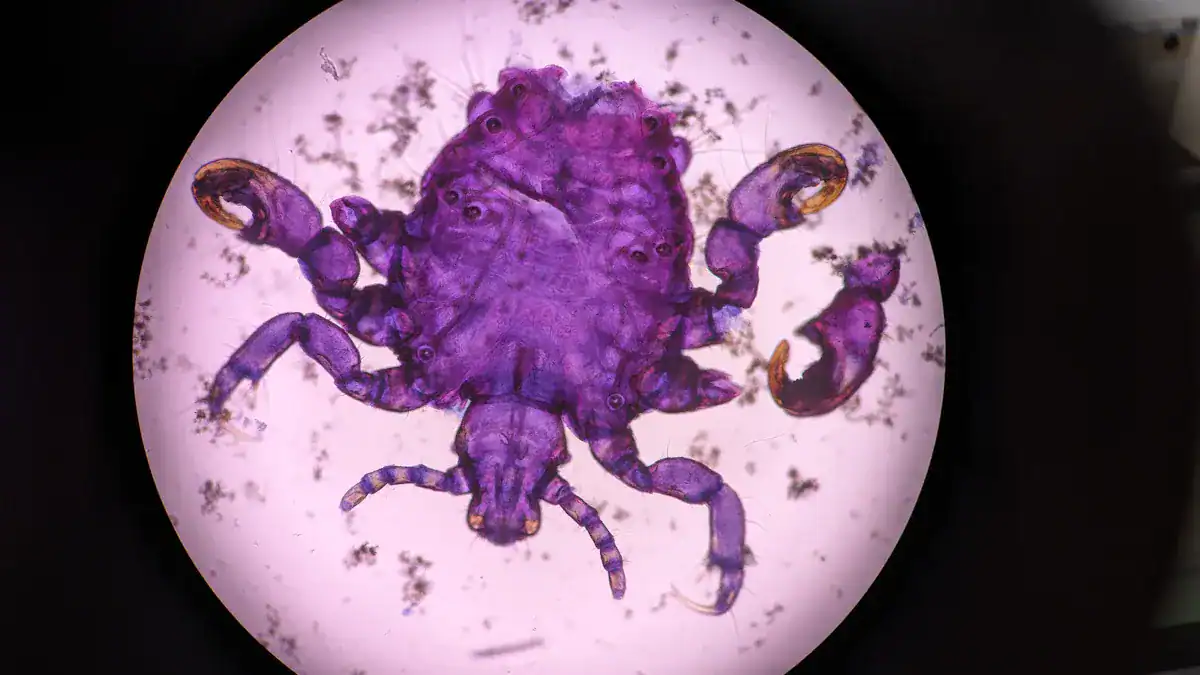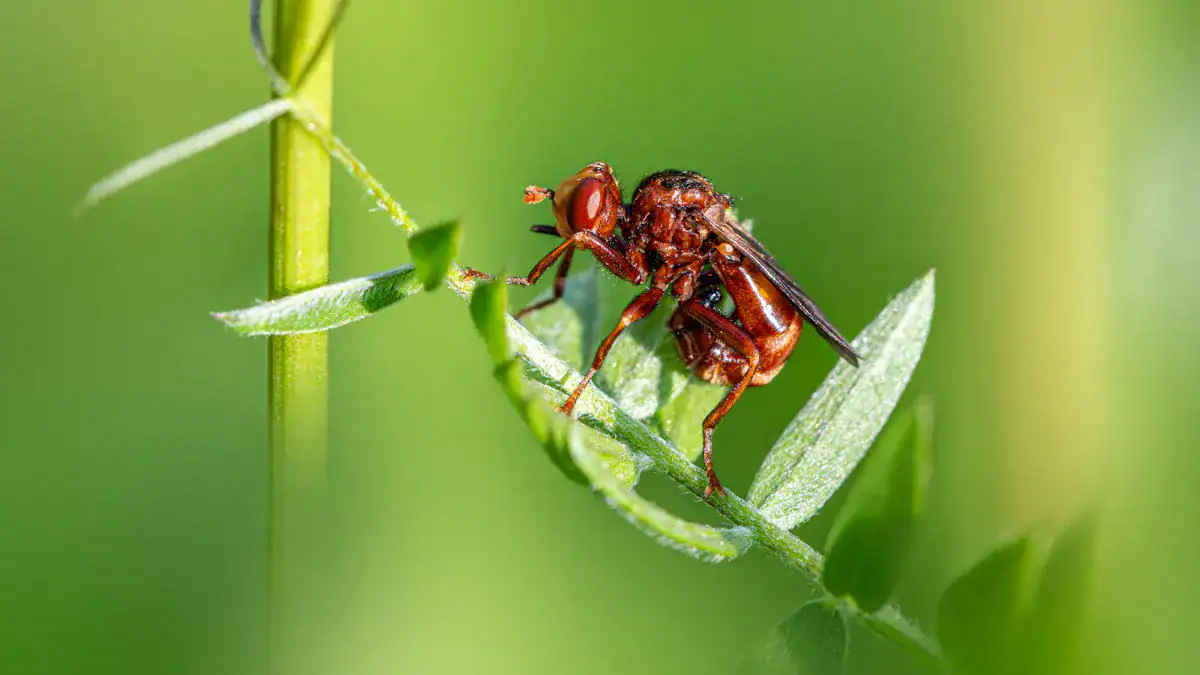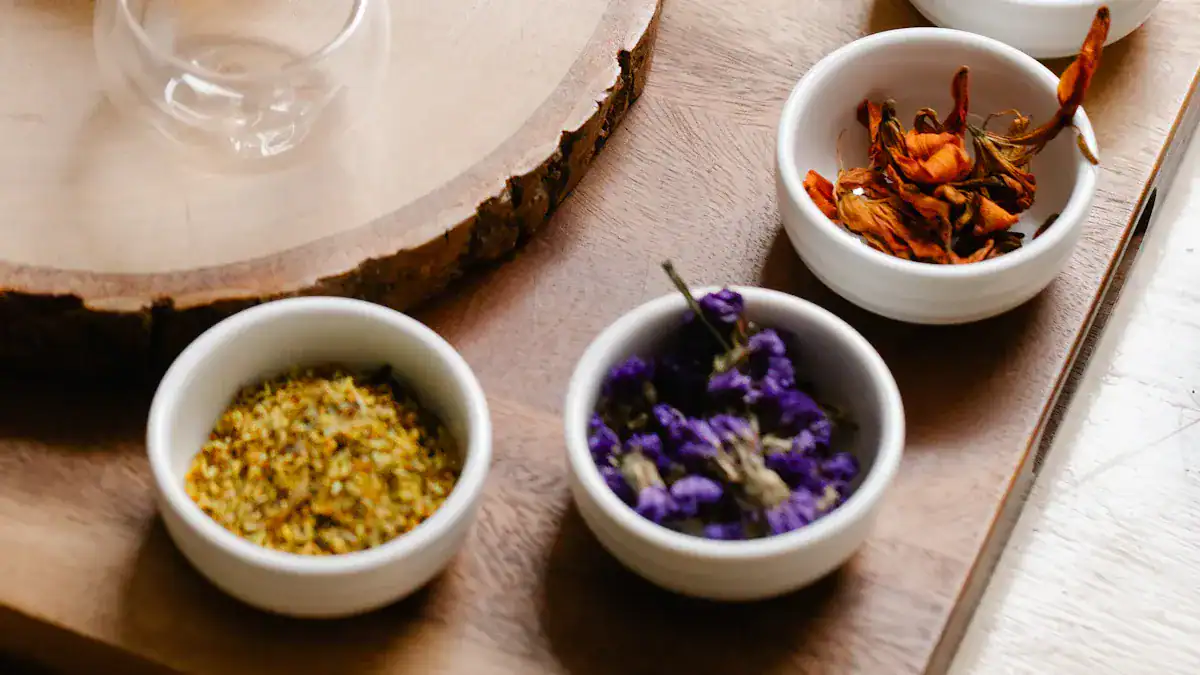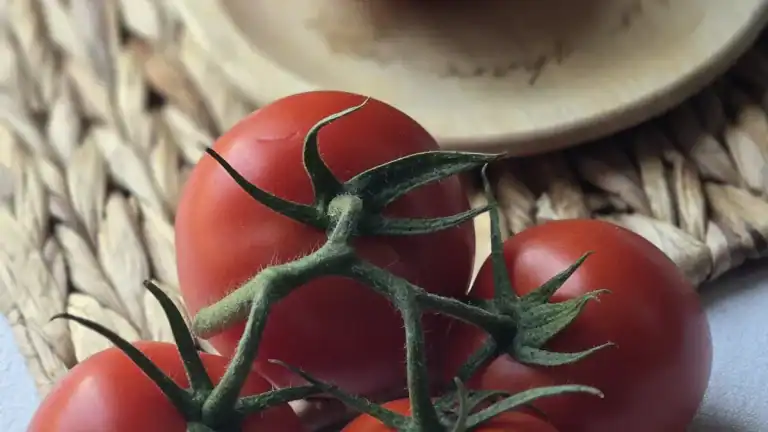
Many people worry about intestinal parasites, and you might wonder if natural remedies can help. It is true that interest in using foods and herbs to combat these infections is growing. Can foods and herbs truly help you kill intestinal parasites? About 3.5 billion individuals worldwide are affected by these infections. This blog explores powerful natural remedies.
Key Takeaways
Many foods and herbs can help fight intestinal parasites. Garlic, pumpkin seeds, and oregano oil are good examples.
Parasites can cause many symptoms. These include stomach problems, tiredness, and skin issues.
You can get parasites from contaminated food or water. Direct contact with infected people or objects also spreads them.
Natural remedies can support your health. They do not replace medical treatment for parasites.
Always talk to a doctor if you think you have parasites. A doctor can give you the right diagnosis and treatment plan.
Understanding Parasites

Common Parasite Types
Intestinal parasites are tiny organisms. They live inside your body. You can find two main types. One type is helminths. These are parasitic worms. Examples include pinworms, Ascaris, and tapeworms. The other type is protozoa. These are one-celled organisms. Giardia and Entamoeba histolytica are examples. Globally, Ascaris is very common. It affects about 1 billion people. Protozoa like Giardia are most common in the U.S. Pinworms are the most common intestinal worm in the U.S.
Recognizing Symptoms
You might wonder if you have parasites. Your body can show many signs. You might have unexplained constipation or diarrhea. Gas, bloating, or nausea can also occur. Some people feel very tired. This can lead to mood changes or memory problems. Your skin might show issues.
You could see rashes, hives, or eczema. Parasites can cause these allergic reactions. You might also feel muscle and joint pain. This happens when parasites move into these areas. Anemia is another sign. Parasites can eat your red blood cells. You might feel hungry even after eating. This is because parasites eat your food. Itchiness, especially around the anus, can also be a symptom.
How Parasites are Contracted
You can get intestinal parasites in several ways. Eating contaminated food or water is a common way. For example, roundworms come from food with eggs. Undercooked meat or fish can give you tapeworms. Pinworms spread easily. You can get them from contaminated food.
You can also get them by touching an infected person and then your mouth. Some parasites enter through your skin. Hookworm larvae live in contaminated soil. They can get into your body if you walk barefoot. Direct contact also spreads parasites. Pinworm eggs can transfer from person to person. They can also live on objects. Then you touch the object and put your hand in your mouth.
Natural Remedies to Kill Intestinal Parasites

You can find many natural remedies that may help you combat intestinal parasites. These remedies use specific foods and herbs. They have properties that can make your body less welcoming to parasites. Always remember to talk to a healthcare professional before you start any new treatment.
Garlic and Its Compounds
Garlic is a powerful food. People have used it for a long time to fight infections. It contains special sulfur compounds. These include allicin and ajoene. These compounds give garlic its strong smell and its healing power.
Studies show garlic extract can fight certain parasites. For example, it works against Trypanosoma b. brucei and Leishmania tarentolae. These compounds stop important processes inside the parasites. They can even cause parasites to self-destruct. Other research also suggests garlic can help against Leishmania species. Ajoene, a garlic compound, also shows potential against trypanosomes.
You can use garlic in different ways. For individual use, you might take a small amount of garlic juice. Mix about one teaspoon of garlic juice with water to make a one-ounce dose. You can take this about six times a year. If you want to use garlic for a larger group, like animals, you can mix garlic barrier with food. For example, mix one gallon of cooking oil with 16 ounces of pure garlic barrier. Spray this over leafy food and add salt. Make sure each animal gets about a teaspoon.
When you use garlic juice, choose a pure product. Avoid adding garlic juice to water troughs. It can go bad quickly. If you use a spray, strain the garlic juice first. This prevents clogging. You can also mix garlic juice with kelp, dry feed, molasses, or milk. For sheep, one teaspoon of concentrated garlic juice diluted with water works. If the problem is severe, you can use two teaspoons. Goats might need double the amount sheep use.
Potent Herbal Extracts
Certain herbal extracts are very strong. They can help you to kill intestinal parasites. These include wormwood, black walnut hull, and oregano oil.
Black walnut hulls have a long history. People traditionally use them for intestinal parasites, including tapeworms. They often combine black walnut with wormwood and cloves. Black walnut contains a compound called juglone. Juglone has antimicrobial and antiparasitic properties. Lab studies show it can stop or kill some microorganisms and parasites. Wormwood is also a well-known natural treatment for parasites.
Many supplements use black walnut hull extracts. You might find them in a “wormwood complex.” This blend often includes black walnut hulls, wormwood, and cloves. It is a recognized natural remedy for parasitic infections.
Herbal extracts contain many active compounds. These include flavonoids, tannins, and steroids. Some extracts have azadirachtin and prenylated flavonoids. Terpenoids, like thymol and geraniol, are also common. These compounds can damage parasite cell membranes.
Alkaloids are another type of compound. They can paralyze parasites by affecting their nervous system. Phenolic compounds, like thymol, also show activity against worms. Other compounds like polyphenols, saponins, and lectins also have anti-parasitic effects. For example, dioscin, from Dioscorea collettii, showed 100% effectiveness against a specific parasite in studies.
Seeds for Parasite Control
Seeds can also be powerful allies. Pumpkin seeds and papaya seeds are two examples. They have documented anti-parasitic properties.
Pumpkin seeds contain cucurbitacin. This is an amino acid. It can paralyze and help remove certain types of parasites. Research, including a 2024 study on mice, suggests pumpkin seed oil has anti-parasitic effects. It decreased adult worms and larvae. Pumpkin seeds have been used to manage roundworms and tapeworms in livestock.
Cucurbitacin may affect how parasites move and grow. Studies show pumpkin seed extract can support gut health and manage worms. Animal studies in sheep, ostriches, and mice also suggest benefits. A human study found pumpkin and areca nut extracts were effective and safe for tapeworms. However, more human research is needed.
Papaya seeds also help. They contain enzymes like papain and carpain. These enzymes show anti-parasitic effects. A 2007 study in Nigerian children found papaya seeds effective. 71% of children treated with papaya seeds cleared their stool of parasites. A mixture of honey and papaya seeds has also shown effectiveness in clearing parasites.
You can add these seeds to your diet. Grind pumpkin seeds and add them to smoothies or oatmeal. You can also eat papaya seeds directly or blend them into drinks.
Spices and Fermented Foods
Spices do more than add flavor. Many have anti-parasitic activity. These include oregano, cumin, marjoram, rosemary, and thyme.
Oregano is especially notable. Its oil has strong anti-parasitic properties. It can eradicate common parasites in chickens and pheasants. Lab tests show it works against Trypanosoma cruzi. Thyme and marjoram also show activity against protozoa.
Here is how oregano oil can affect different parasites:
Parasite | Product | Concentration | Activity |
|---|---|---|---|
Toxoplasma gondii | Essential oil | 50 µg/mL | 63.36 ± 6.66% growth inhibition |
Toxocara spp. | Essential oil | 0.18 to 6 mg/mL | 92.32% to 100% embryo inhibition |
Toxocara spp. | Essential oil | 1.5 to 6 mg/mL | 100% larvicidal activity |
Haemonchus contortus | Essential oil (eggs) | 4 and 8 mg/mL | ±60 to 80% hatching inhibition |
Haemonchus contortus | Essential oil (adult nematodes) | 0.5 mg/mL | 50% adult nematode mortality after 8 h |
Oregano oil also shows strong effects on other parasites:
Parasite | Product | Concentration | Activity |
|---|---|---|---|
Fasciola hepatica | Essential oil | 0.06 to 2.06 mg/mL | 100% ovicidal action |
Fasciola hepatica | Essential oil | 0.03 mg/mL | 99% ovicidal action |
Fasciola hepatica | Essential oil | 0.16 mg/mL | 98% ovicidal action |
Haemonchus contortus | Essential oil | 0.58 to 9.4 mg/mL | 93.95 to 98.62% hatching inhibition |
Haemonchus contortus | Essential oil | 2.35 to 9.4 mg/mL | 49.5 to 69.12% inhibition development |
Haemonchus contortus | Essential oil | 0.58 to 9.4 mg/mL | 10.8 to 23.45% larval migration inhibition |
While cloves contain eugenol, which has antibacterial properties, current information does not explicitly state its anti-parasitic activity.
Fermented foods are also important. Foods like natto, tempeh, kombucha, kefir, and kimchi introduce good bacteria into your gut. These beneficial bacteria, called probiotics, and their byproducts, called postbiotics, help your gut. They create a healthy environment.
A diverse microbiome is a sign of a healthy gut. Probiotics make acidic byproducts. This lowers the pH in your intestines. A lower pH makes it harder for harmful microbes to survive. Fermented foods also provide healthful metabolites. These interact with immune cells and support your gut barrier. They also feed your existing good bacteria. You get added nutrition too, like B vitamins, vitamin K, and digestive enzymes.
Other Supportive Foods
Many other foods can support your body in fighting parasites. These foods help create an environment where parasites cannot thrive.
Pomegranate has anti-parasitic, antiviral, and antimicrobial effects. People traditionally use it to treat tapeworms and other parasites. Extracts from its peel may even be more effective than some conventional medicines for giardia.
Onions, like garlic, contain sulfur compounds. These have anti-parasitic properties. They work against protozoa and worm infections. Coconut also has many benefits. It is anti-parasitic, antiviral, anti-inflammatory, and antimicrobial.
Probiotic-rich foods help balance your gut. This creates an environment that is not good for harmful parasites. Herbs like ginger, barberry, and goldenseal also offer support. Barberry contains berberine. Berberine has broad antimicrobial effects against parasites, viruses, bacteria, and fungi. Papaya, especially its seeds, may help clear intestinal parasites. This is due to enzymes like papain and carpain.
Other natural supplements include black walnut, wormwood, clove, garlic, and oregano oil. Turmeric, avocados, soybeans, beets, and pure honey also show promising potential. These foods and herbs can help you to kill intestinal parasites by supporting your body’s natural defenses.
Considerations and Warnings
Side Effects and Interactions
Natural remedies can have side effects. You might experience diarrhea. You could also develop deficiencies in vitamins and other nutrients. Malnutrition is a risk. Some remedies can cause issues with kidney and liver function. Dehydration is another possible side effect.
Dietary can cause uncomfortable side effects. These include headaches and liver damage. They can also interact with other medications you take. Always discuss these possibilities with a healthcare professional.
Professional Medical Guidance
You should always seek professional medical guidance. This is true if you suspect a parasite infection. You need to identify the right specialist. A dermatologist handles skin issues. A gastroenterologist treats digestive problems. An infectious disease specialist manages infections from bacteria, viruses, or parasites.
Kind of Doctor | Specialization |
|---|---|
Dermatologist | Diseases of the skin, hair, and nails |
Gastroenterologist | Diseases of the stomach and intestine |
Infectious Disease Specialist | Illnesses caused by infections with bacteria, viruses, or parasites |
Internal Medicine Specialist | Diseases of adults, similar to a general practitioner, but with additional specialized training |
Travel Medicine Specialist | Travel-related illnesses (before and after travel) |
Consider recent travel outside the United States. This can affect the type of parasite and specialist you need. Think about special health concerns. Pregnancy, diabetes, or immune system problems might require a specific specialist.
Limitations of Natural Methods
Natural methods have limits. A parasite cleanse alone may not be enough to kill intestinal parasites. It might not eliminate an existing parasite. Insufficient treatment can lead to serious long-term problems. These include malnutrition, blindness, and organ dysfunction.
It can even cause death. Research supporting natural remedies is limited. More evidence is necessary to confirm their effectiveness.
Certain foods and herbs offer potential as supportive remedies for intestinal parasites. You learned about garlic, potent herbal extracts, and various seeds and spices. Remember, a proper medical diagnosis and a treatment plan from a healthcare professional are crucial.
Natural remedies should always complement, not replace, conventional medical care. Approach natural treatments with caution, awareness, and professional guidance.




